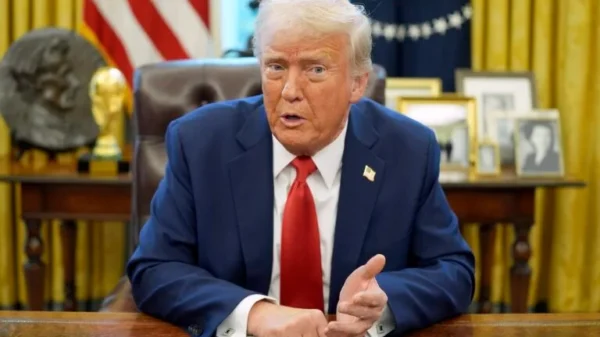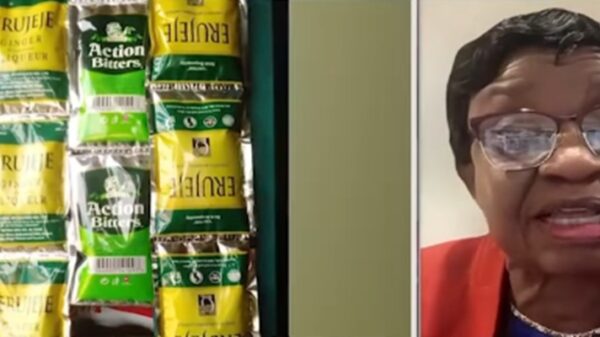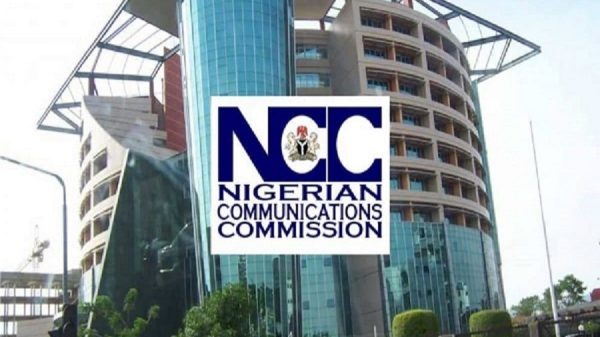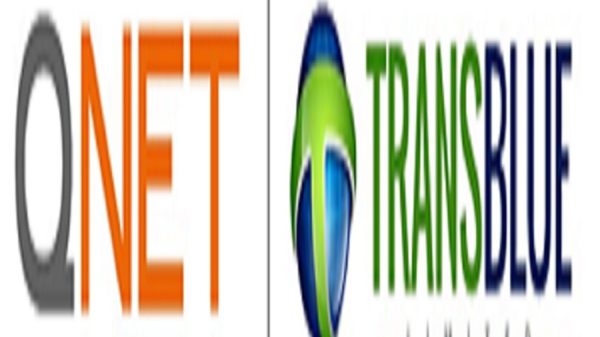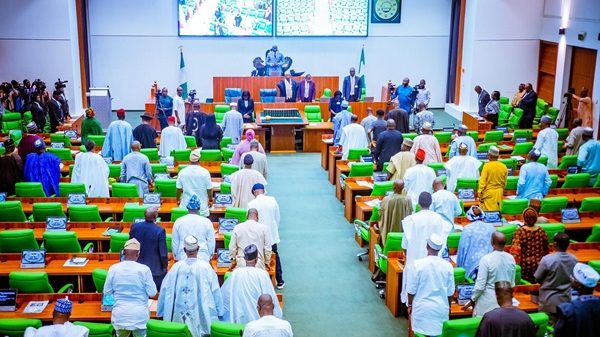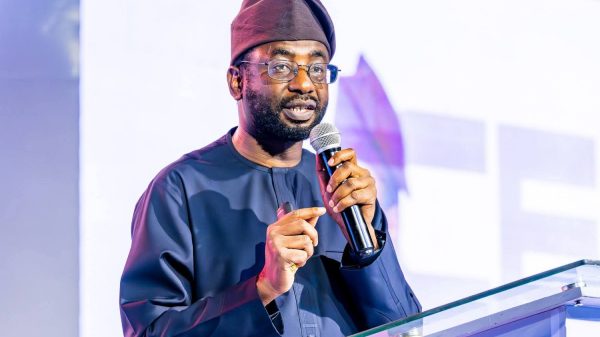Indigenous telecommunications companies in Nigeria have appealed to the Federal Government to give them tax holidays of up to five years and a special intervention funds.
This, they said, would allow them to compete favourably with bigger players who had enjoyed the same benefits in the past.
The operators, who appealed at a virtual forum on the National Policy for Promotion of Indigenous Content in the Nigerian Telecommunications Sector, said local players in the telecom sectors deserved pioneer status incentives, which should include tax and duty waivers on their importations.
According to them, these incentives were enjoyed by the GSM operators when they newly got their licenses in 2001 and led to their rapid growth.
Speaking at the forum, Mr. Chidi Ibisi, executive director, Business Development at Broadbased Communications Ltd., said aside from tax waivers for the small players, the telecom sector was seriously in need of intervention from the government.
According to him, the sector needs special funds like the Nigerian Content Intervention Fund (NCIF) supervised by the Bank of Industry. “We need a similar Fund as NCIF with a seven per cent interest rate, 10 to 15 years’ loans and equity participation,” he said.
Ibisi said indigenous players need seed funds, increased subsidies, incentives for local device manufacturers (including duty waivers for equipment and components), pioneer status for indigenous players in manufacturing, services, research and development, and innovation fund.
The Broad-based Communications chief said in other climes, they make some special intervention funds available to indigenous players.
For instance, Ibisi said in the USA, there is a $65 billion Broadband Fund, which comprises $42.45 billion for a new Broadband Equity, Access and Deployment program focused on connecting un-and underserved areas; a $1 billion grant programme targeting middle-mile infrastructure; and $14.2 billion for an affordable connectivity subsidy programme.
According to him, in the UK, there is a £30 billion broadband expansion program, while Germany has a $14.5 billion Digital Infrastructure Fund and $10 billion for broadband expansion.
Referring to the New National Broadband Plan (2020-2025), which requires $5 billion for implementation, Ibisi said national backbone and metro fibre of 80,000km would cost $1.5 billion; 4G roll out targeting 2,500 base stations is expected to gulp between $1-2 billion; 5G roll out with 6,000 base stations is pegged at $500 million; local manufacture of devices to cost $100 million.
He recalled that there have been power and aviation funds via the Bank of Industry of about N300 billion, with a seven per cent interest rate, and between 10 and15 years tenure.
According to him, there has been a $37 billion Infrastructure Fund of the Infrastructure Corp of Nigeria (InfraCorp), managed by four asset managers with $2.4 billion seed capital from the Federal Government. He added that there was also the Nigerian Content Intervention Fund (NCIF) supervised by the Bank of Industry.
“We need similar fund as NCIF with seven per cent interest rate, 10 to 15 years loan and equity participation; equity participation by InfraCorp; subsidies and grants, and pioneer status for five years (Tax Waivers and Duty Waivers),” Ibisi stressed.
Corroborating Ibisi at the forum, Mr. Oluwole Adetuyi, chief executive officer of Swift Telephone Network, said for the indigenous operators to grow, the sector would require access to funding for telecoms from financial institutions at low interest rates.
“We need easy access to FOREX at Central Bank of Nigeria (CBN) approved rate, and provision of special intervention funds for the telecoms sector by CBN – as has applied to other sectors,” he noted.
He said tax waivers, as well as the provision of grants and subsidies to telecoms operators, would help the small players grow. Adetuyi also called for the reduction and harmonisation of Right-of-Way charges across states and local government areas.
While calling on the Nigerian Communications Commission (NCC) to put in place a strong local content policy because of the need to create employment, increase FDIs, improved technology adoption, enhanced security and revenue and forex earnings, Adetuyi, represented by Dare Folorunsho, chief technical officer of the firm, said most PNLs and local telecommunication companies in Nigeria fall into the SME category, accounting for 60 to 70 per cent of jobs in most countries.
Adetuyi claimed that the lack of regulation for healthy competition had created outright dominance of four players in the telecoms industry with a heavy legacy load that makes new technology adoption very slow.
“If Nigeria must play in the unfolding IoT market that is in excess of $20 trillion, it must use its local companies with smaller legacy loads to drive faster technology adoption,” he stated.
According to him, there must be urgent reforms, which must promote a regulatory environment conducive to the development of smaller firms as part of the consideration for growth; lesser regulatory burdens on small operators, and NCC should allow the use of Nigerian numbers on a global scale as it is with the USA, the UK Canada, and numbers.
In a keynote at the forum, Prof. Umar Danbatta, executive vice chairman of the Nigerian Communications Commission (NCC), said the Commission had established the Nigeria Office for Developing the Indigenous Telecoms Sector (NODITS) as part of the implementation of the government’s local content policy in the telecoms sector.
According to him, the office is saddled with the responsibility of implementation of the local content policy as well as the Executive Orders 003 and 005.
“With the constitution of the NODITS, the industry should expect new guidelines and regulations bothering on indigenous content, local manufacturing of telecom equipment, outsourcing of services, construction and lease of telecoms ducts, succession planning in the telecoms sector, corporate governance, corporate social responsibility, etc. as the need arises,” said Prof Danbatta, who was represented by Babagana Digima, team lead, NODITS.
The EVC added that the Commission has already constituted a standing licensing review committee that is currently examining all its licenses in an effort not only to modernising them to reflect the current realities of technology and development, but also to consolidate, bundle or unbundle individual licenses or even create new licences.
He said other departments within the Commission were equally saddled with responsibilities that help to inculcate indigenous participation in the telecom sector.
“Efforts being made by the Research & Development and Licensing Departments are worthy of mention in that regard. Under the auspices of the Research & Development Department, the Commission has sponsored research efforts in several universities across the country.
![]()




